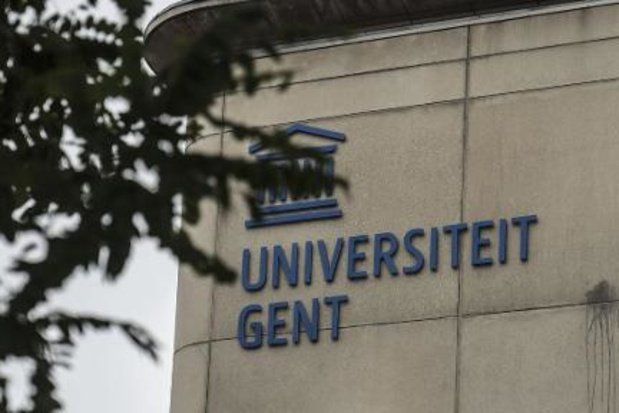International research led by a team of scientists from the university of Ghent is on the verge of perfecting a technique to detect the coronavirus SARS-CoV-2 using a weighing machine.
But not just any old weighing machine. A mass spectrometer is used to measure the mass of molecules, each of which has a unique mass. A sample introduced to the machine will be measured and a report issued on the exact molecular make-up of the sample.
As far as the virus is concerned, it would be identified by the proteins that make it up, explains Maarten Dhaenens, a molecular biologist leading the research.
“Each protein consists of a different combination of 20 possible building blocks,” he told De Tijd.
“This structure gives each protein a completely unique appearance and mass, which we measure with a mass spectrometer. This also applies to the proteins that are specific to the coronavirus.”
The technique is already in common use on newborns. Shortly after birth, each baby is given a heel-prick which is examined by mass spectrometry to detect or rule out the presence of the telltale signs of number of inherited conditions.
At present, the technique is not delicate enough to detect viral protein in a sample of saliva, but the Ghent research has attracted the attention of an international consortium of academic institutions and companies to help refine the process.
Thanks to that cooperation, the team is almost ready to be in a position to clean up a sample so as to be able to detect the critical proteins involved.
The technique does not have the accuracy of the commonly-used PCR test, Dhaenens admits.
“That can recognize the tiniest bit of virus RNA present. But the question is how useful that is when you are no longer contagious.”
However the ‘mass spec test’ is more versatile, and can easily be used to identify any variant of the virus.
“In principle, we can even develop a process that tests for a whole range of infections at the same time at no extra cost, from Covid to flu or even a cold.”
But if the PCR test is established and highly accurate, why try to invent something else?
“That is always the first reaction we get,” said Dhaenens.
“I always give the same answer. Why put all your eggs in one basket? The vaccine race also focuses on both proteins and mRNA. All of those strategies are useful. It is a form of risk spreading.”
A whole new method also relieves the strain caused by an over-dependence on one method.
“With just one form of testing you are extremely dependent on a very limited supply chain,” he said.
“PCR tests depend to a great extent on three major reagent suppliers. If one of those falls out, you have a problem. 'Mass spec' uses completely different reagents, devices and auxiliary materials.”
Alan Hope
The Brussels Times

